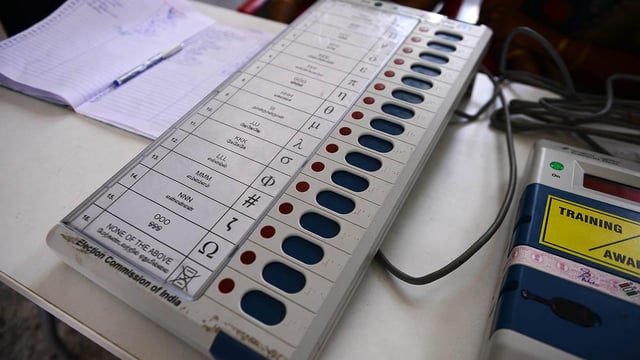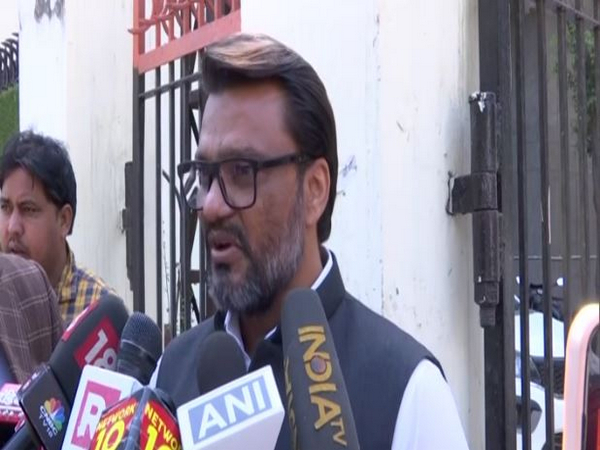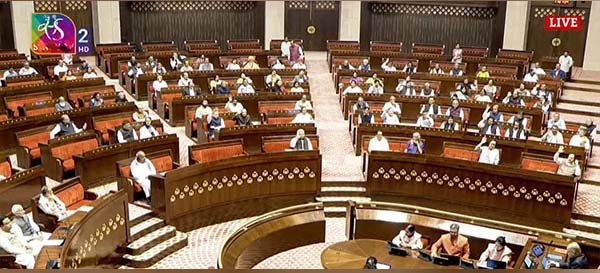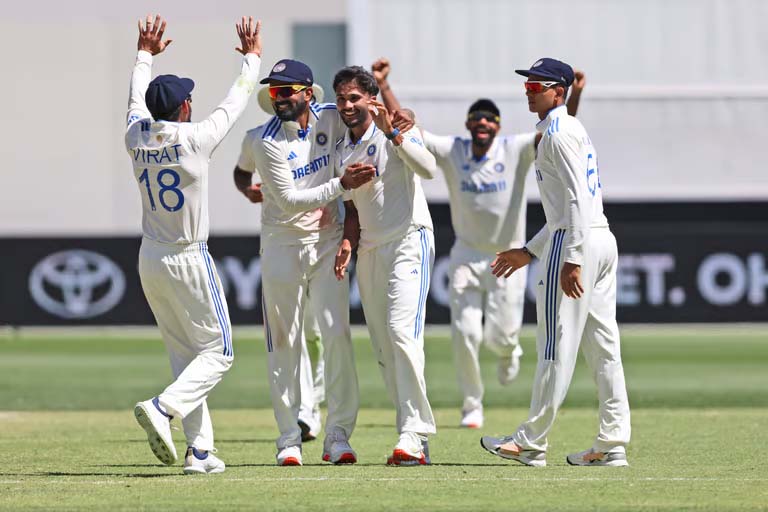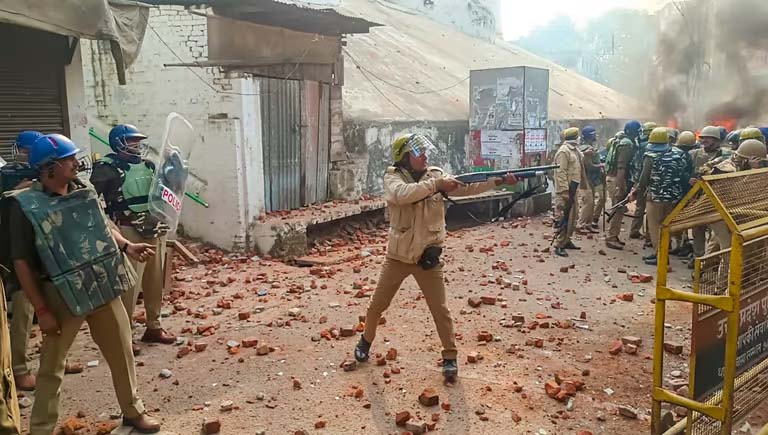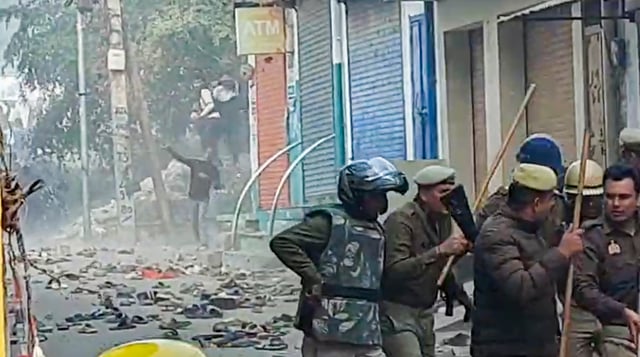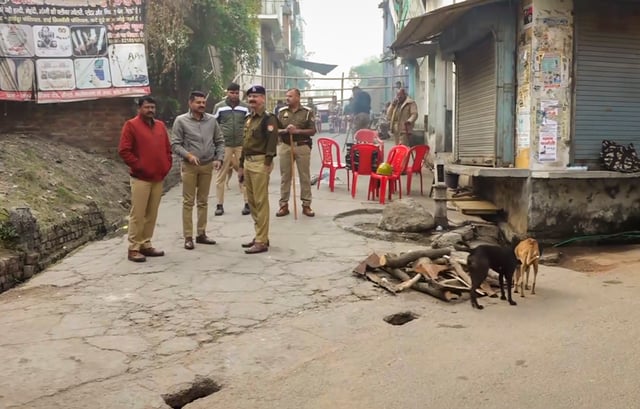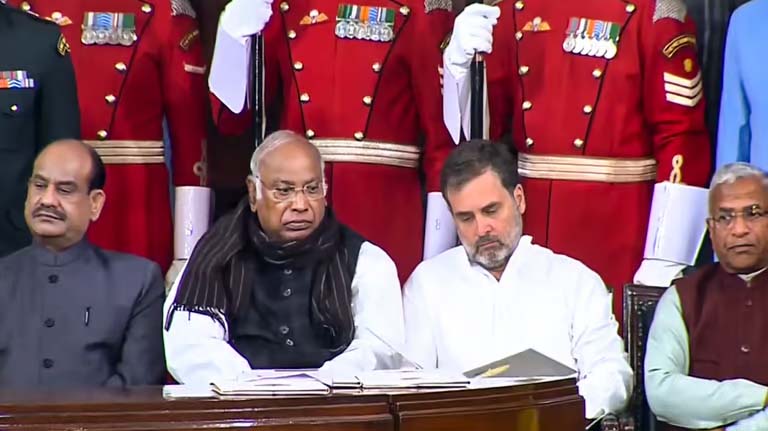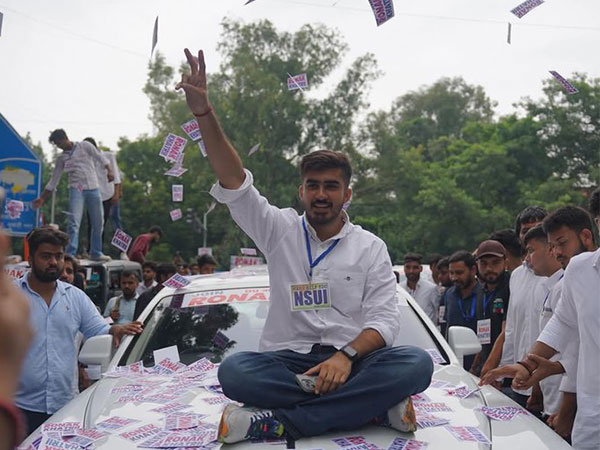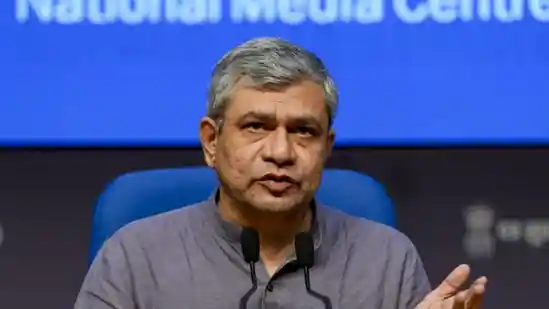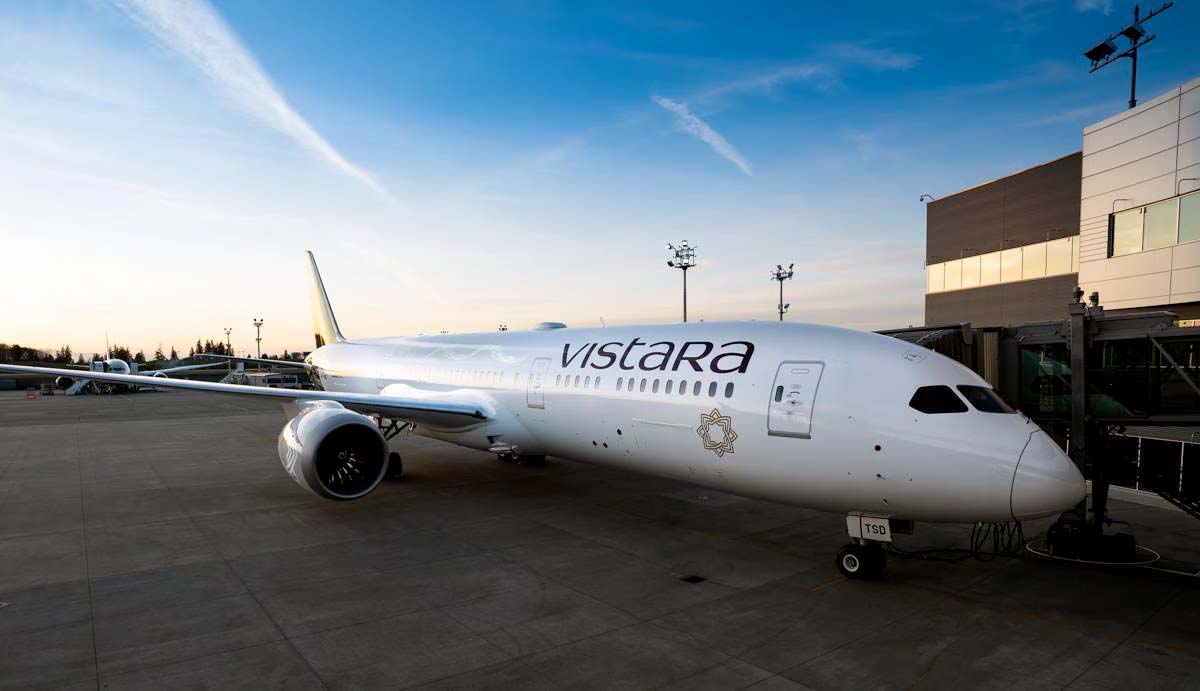Israeli Prime Minister Netanyahu says he supports proposed ceasefire with Lebanon's Hezbollah


Public Lokpal
November 27, 2024
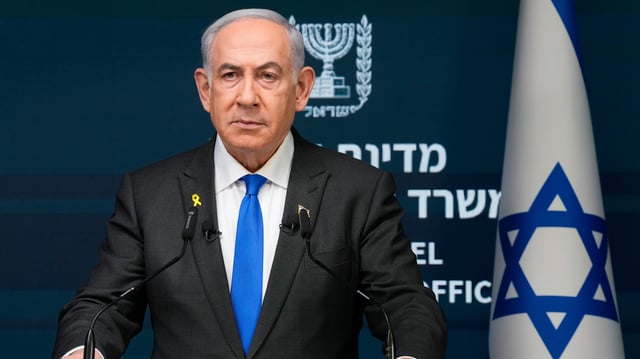

Israeli Prime Minister Netanyahu says he supports proposed ceasefire with Lebanon's Hezbollah
JERUSALEM: Israeli Prime Minister Benjamin Netanyahu on Tuesday recommended his Cabinet approve a United States-brokered ceasefire agreement with Lebanon's Hezbollah, setting the stage for an end to nearly 14 months of fighting linked to the ongoing war in the Gaza Strip.
Israel stepped up its bombardment of Lebanon in the hours leading up to the Cabinet meeting, killing at least 23 people, according to local authorities.
The military also issued a flurry of evacuation warnings — a sign it aims to keep pummeling Hezbollah in the final hours before any ceasefire takes hold.
In a televised statement, Netanyahu said he would present the ceasefire proposal to Cabinet ministers later Tuesday, when they are expected to vote on it. He listed a series of accomplishments against Israel’s enemies across the region in recent months. He said a ceasefire with Hezbollah would further isolate Hamas in Gaza and would allow Israel to turn its focus to Iran — Hezbollah's backer and Israel's biggest threat in the region. He vowed to strike Hezbollah hard if it violates the agreement.
“If Hezbollah breaks the agreement and tries to rearm, we will attack,” he said. “For every violation, we will attack with might.”
It was not immediately clear when the ceasefire would go into effect, and the exact terms of the deal were not released. The deal does not affect Israel’s war against Hamas in Gaza, which shows no signs of ending.
Lebanese officials have said Hezbollah also supports the deal. If approved by all sides, the deal would be a major step toward ending the Israel-Hezbollah war that has inflamed tensions across the region and raised fears of an even wider conflict between Israel and Hezbollah's patron, Iran.
The deal calls for a two-month initial halt in fighting and would require Hezbollah to end its armed presence in a broad swath of southern Lebanon, while Israeli troops would return to their side of the border. Thousands of Lebanese troopsand U.N. peacekeepers would deploy in the south, and an international panel headed by the United States would monitor all sides’ compliance.
But implementation remains a major question mark. Israel has demanded the right to act should Hezbollah violate its obligations. Lebanese officials have rejected writing that into the proposal. Israel's Defense Minister Israel Katz insisted on Tuesday that the military would strike Hezbollah if the U.N. peacekeeping force, known as UNIFIL, doesn’t provide “effective enforcement” of the deal.
Lebanon's Prime Minister Najib Mikati demanded in a statement on Tuesday that the international community "act swiftly" to halt Israeli aggression "and implement an immediate ceasefire".
His comments came after Israeli Prime Minister Benjamin Netanyahu said in an address that his security cabinet would agree "this evening" on a truce deal in its war against Lebanese militant group Hezbollah.
Mikati said the intense wave of Israeli air strikes on Beirut on Tuesday "reaffirms that the Israeli enemy has no regard for any law or consideration".
"The international community is called upon to act swiftly to stop this aggression and implement an immediate ceasefire," he said in his statement, which was issued before a strike hit the central Hamra commercial district.
Associate Press
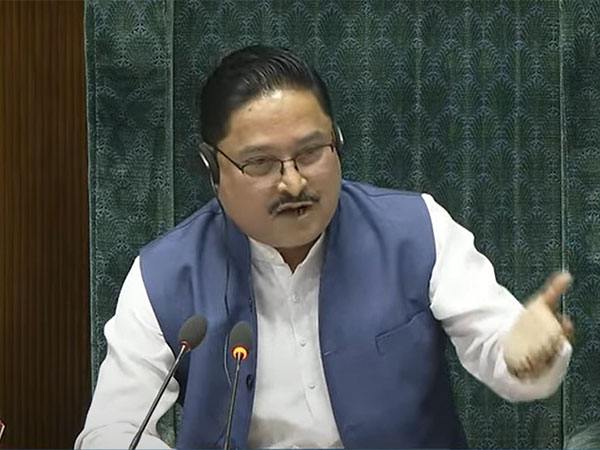
.jpeg)
